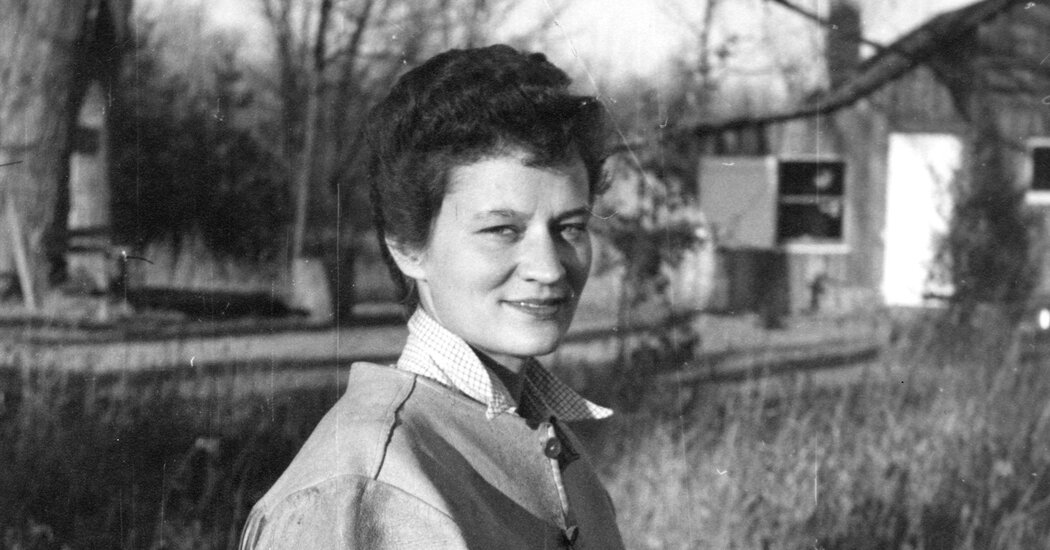The last child of the pioneering ecologist Aldo Leopold, she also helped preserve her father’s legacy as a founder of the modern environmental movement.
Estella Bergere Leopold, a botanist who examined ancient pollen to illuminate the effects of climate change — and who, as the last child of the pioneering environmentalist Aldo Leopold, helped preserve her father’s legacy as a founder of the modern conservation movement — died on Feb. 25 at a retirement home in Seattle. She was 97.
The Aldo Leopold Foundation announced her death.
Aldo Leopold was widely regarded as the most important American ecologist of the 20th century and a founder of the modern conservation movement. His five children all followed his lead, going into the natural sciences and becoming outspoken advocates for environmental protection.
Estella Leopold was, strictly speaking, a palynologist, meaning that she studied pollen, in her case in its fossilized form. She extracted it from rocks formed by ancient marshes and shallow seas, then analyzed it for clues about long-ago changes in climate.
Some of her earliest breakthroughs came after studying fossilized pollen deposited along coasts (or what had been coasts at the time) and those found further inland. The further inland a plant species, she found, the more rapid its evolution, thanks to wider swings in seasonal temperatures — a clue to how modern climate change could drive faster evolution as well.
She was also an ecologist and an environmental activist, drawing inspiration from her father long after his death in 1948.
